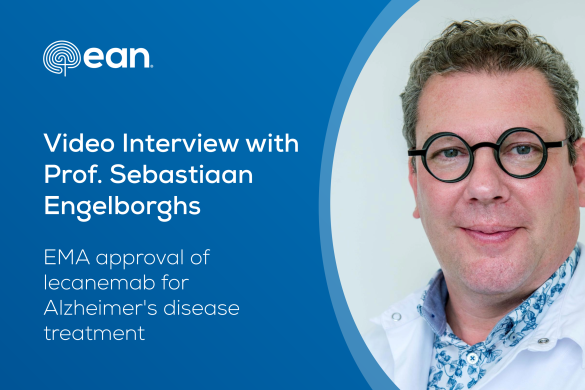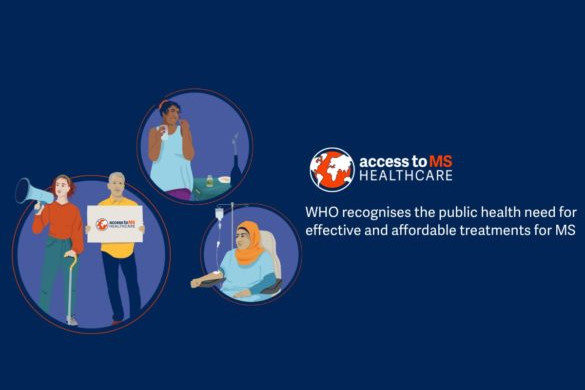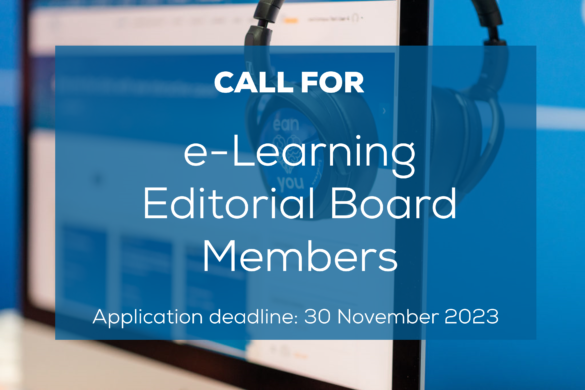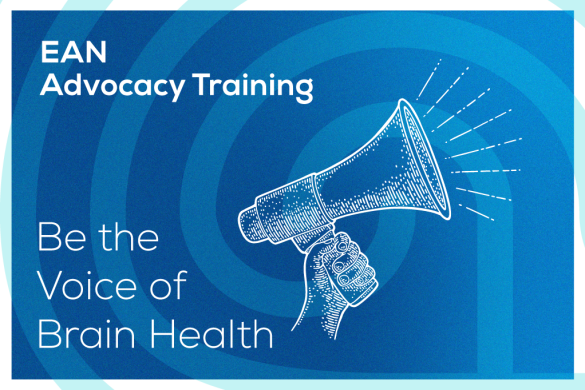by Natan Bornstein
The EAN Scientific Panel on Stroke is delighted to announce a joint session between EAN and ESO, which will take place at the ESOC 2022, 4-6 May, 2022. The joint session is scheduled for Thursday 5 May, 17:00 – 18:30.
Alzheimer’s disease (AD) is the most common neurodegenerative disease characterised by distinct pathological features of beta-amyloid plaques, tau protein and progressive neurodegeneration. However, so far, most amyloid and tau-based therapeutic strategies have failed. A large body of evidence from both preclinical and clinical studies has indicated that brain vascular dysfunctions, including BBB integrity, cerebrovascular microstructure, synaptic dysfunction and neurovascular unit structural changes, accompany or even precede the accumulation of AD-like pathologies. The recognition and understanding of how vascular and Alzheimer’s lesions do interact should contribute to developing new approaches in the prevention and therapy of AD and other neurodegenerative conditions
This session will provide an updated insight to this important concept of the linkages between neurodegeneration and the vascular side.
The convenors of the session will be Natan Bornstein (Israel), a member of the Management Group of the EAN Scientific Panel on Stroke, and Jean-Claude Baron (France), who will open the session with a short introduction to the topic and emphasise the importance of the collaboration between EAN and ESO in the field of cerebrovascular diseases.
The first lecture will be on BBB changes in AD, delivered by Axel Montagne from the UK. Simon Duchesne (Canada) will discuss the topic of imaging vascular function in neurodegeneration in humans. Denis Vivien (France) will speak on insights from preclinical models on whether reversing vascular dysfunction has a role in preventing neurodegeneration. The potential of intervention to improve vascular risk factors and delay cognitive decline in vascular or AD dementias will be reported by William Whiteley (UK) and finally Martin Lauritzen (Denmark) will shed light on common mechanisms in stroke and AD, based on preclinical data.
We are sure that this exciting session will be of particular interest for general and vascular neurologists especially in the light that vascular cognitive impairment is a major part of our daily practice.
For further information please visit the conference website.










